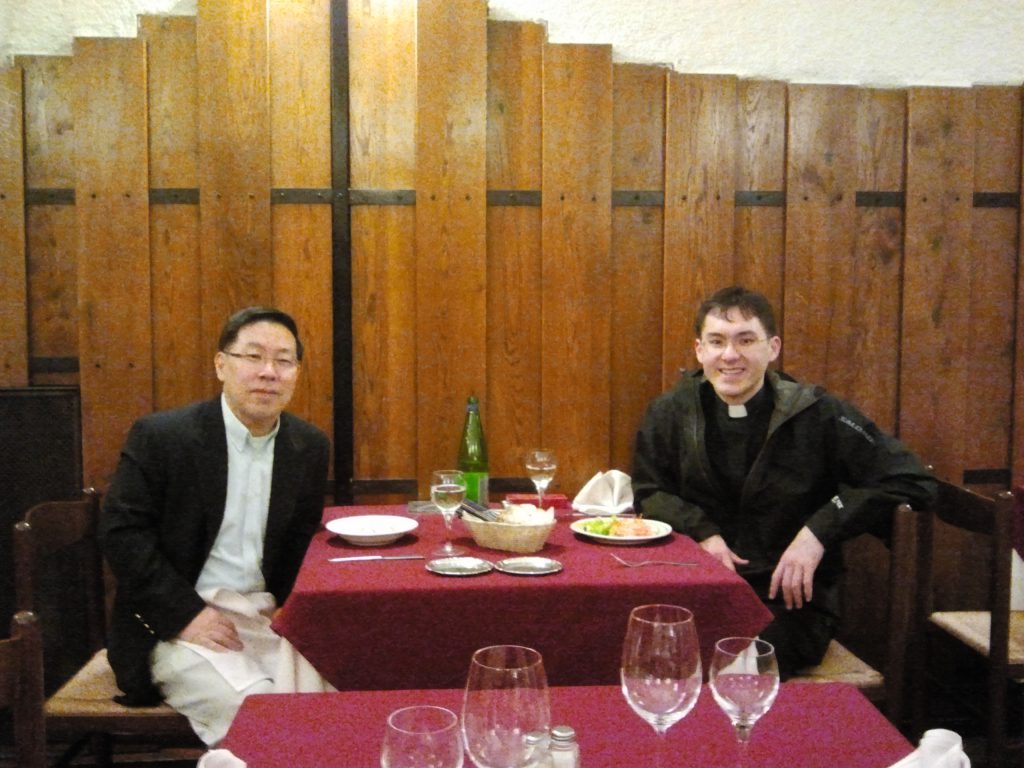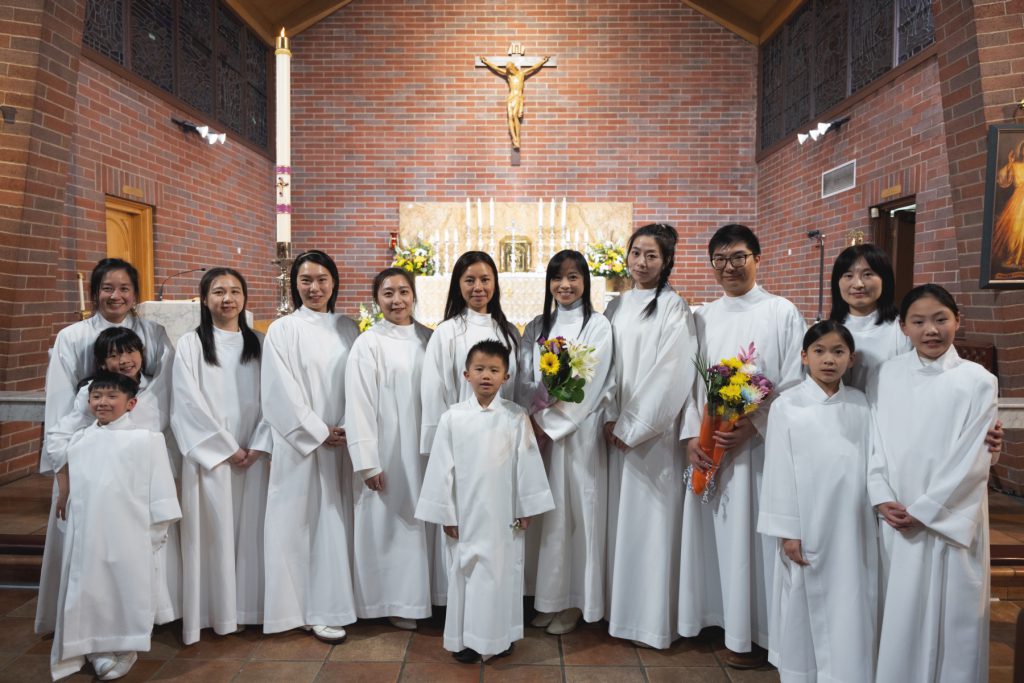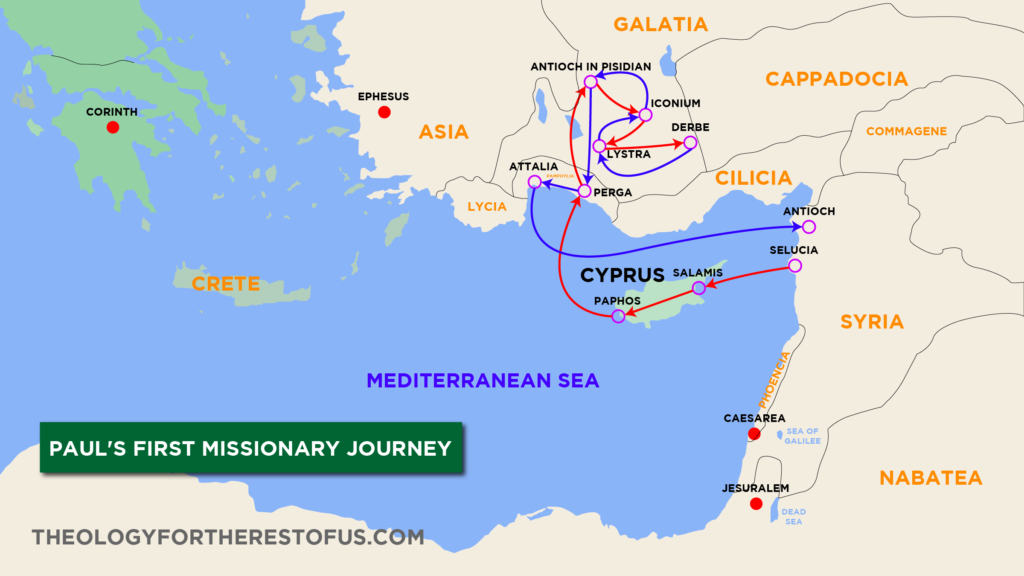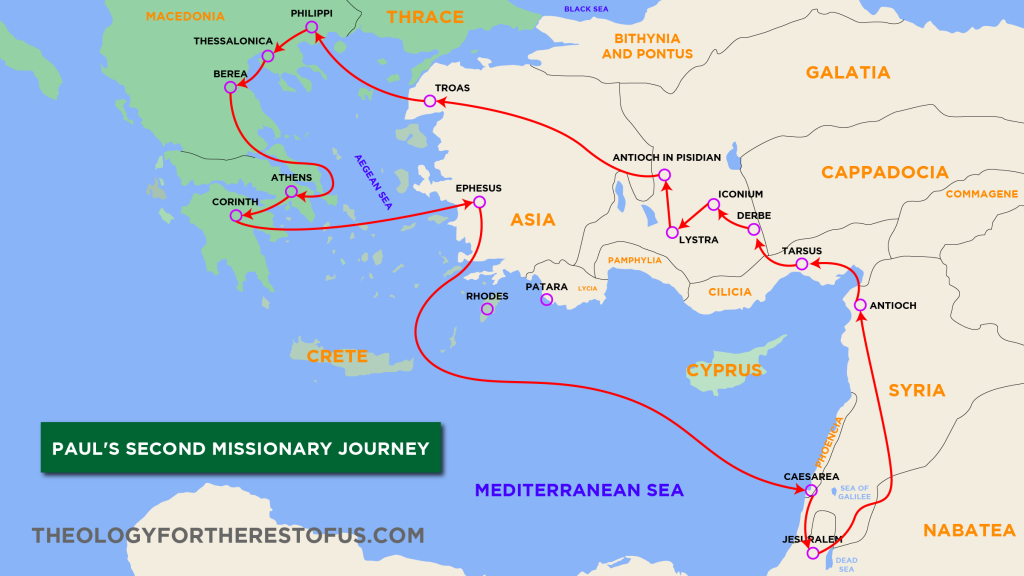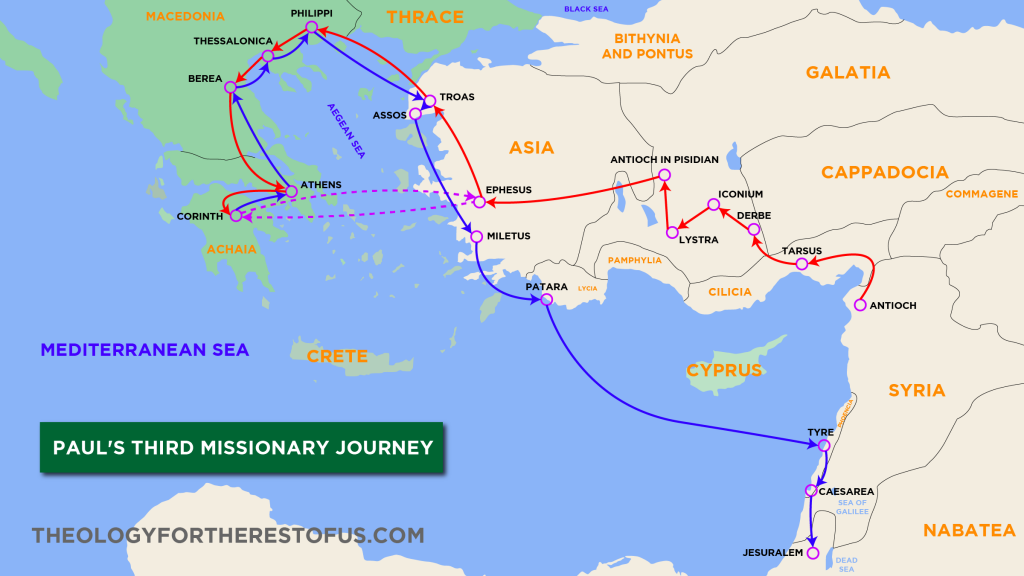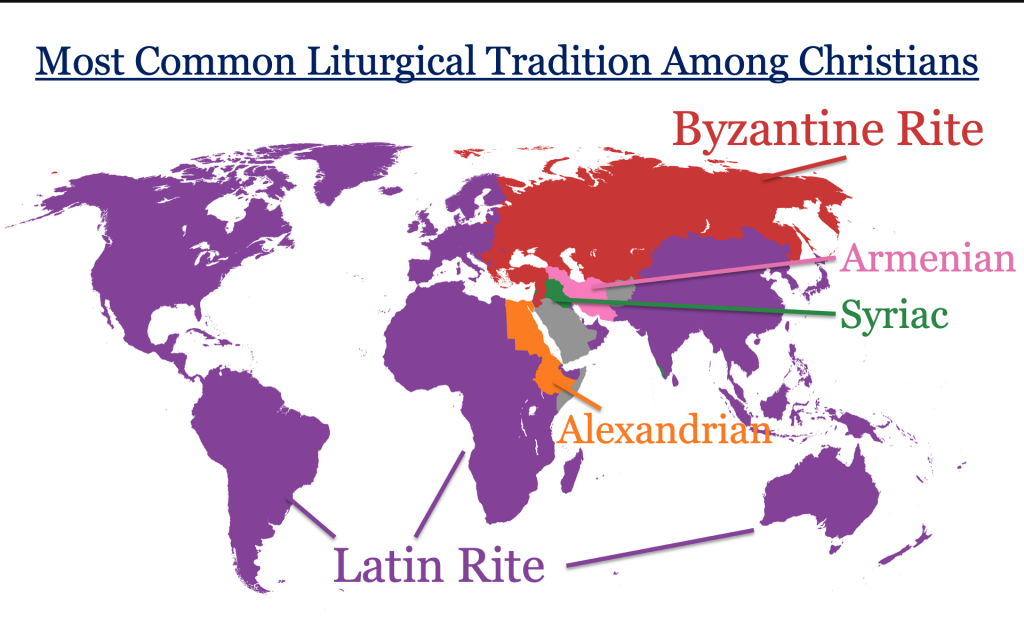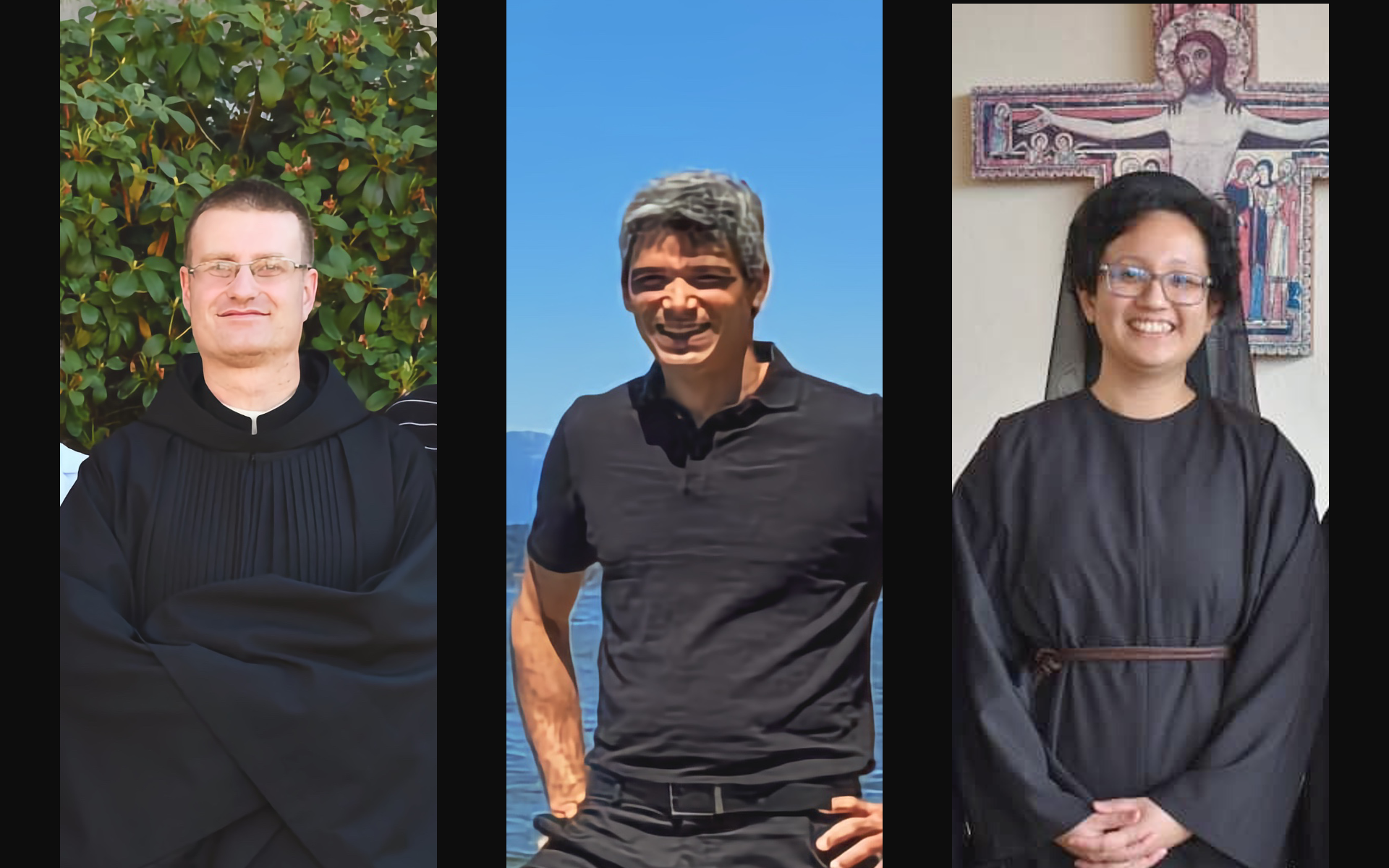This is my cousin, Father Danny Huang, S.J. and I in Rome in 2012. I was assigned to the diplomatic school of the Holy See; he was the Jesuit superior of East Asia.
Because we weren’t leading parishes, every Sunday, I would go to the Jesuit curia where he lived and we would celebrate Mass together, then exercise, and then have dinner—for me, it was the perfect Sunday!!!
One time, we had a discussion about who has the harder vocation: married people or celibates. I said that we who make the promise of celibacy have the harder vocation because we sacrifice having a spouse and children, but Fr. Danny said, ‘No, marriage is harder. You live with people you love but who are imperfect and for your whole life, so there are many trials.’
I share this because we sometimes think uncritically about our vocation. Our culture focuses on falling in love (which is invigorating), but not living a joy-filled marriage (which is hard), and we don’t even consider the gift of celibacy.
Let’s meditate on the Second Reading. Around 90 A.D., St. John is on the island of Patmos, and, one time, has a vision of heaven: “After this I looked, and there was a great multitude that no one could count, from every nation, from all tribes and peoples and languages [These four words indicate universality: God loves everyone, and hopes everyone will love Him in return; the group includes the married, unmarried, and celibates], standing before the throne and before the Lamb, robed in white, with palm branches in their hands… [While they come from different vocations, they’re dressed the same: white robes are signs of purity and why the newly baptized wear white albs, and palm branches are symbols of victory over sin]
And one of the elders then… said to me, ‘These are they who have come out of the great ordeal; they have washed their robes and made them white in the blood of the Lamb’” (Rev 7:9,13-14). Everyone in heaven has passed the test: While on earth, did they love Jesus more than themselves and their family? Yes. Did they love their family more than possessions? Yes. But, how can someone make their garments white by washing them in blood? Because, in the Old Testament, blood that was sacrificed functioned like a spiritual cleanser: sin makes us spiritually dirty; blood makes us clean. Therefore, when we receive Jesus’ body and blood, we’re purified from sin.
So, allow me to make four points:
1) The primary consideration is not which vocation is easier or harder; the primary consideration is doing God’s will and loving Him in return. Follow where Jesus calls you, whether marriage or celibacy.
2) God wants us to be perfectly happy with Him and wants every vocation to be joy-filled. In my experience, however, when I talk to couples in parishes all over, many are not thriving. They love each other, but there’s often much hurt and pain, and sometimes they only stay together because of the children. I see a disconnect between God’s plan for joy and the lived experience of some. This observation has been on my mind for a while. I don’t bring it up to discourage (so no one should be discouraged today), but to ask the Holy Spirit for renewal and healing: If there’s any pain in our vocations (even mine as a priest, or if you’re single), then let’s bring it to the Holy Spirit and allow Him to heal us. I believe our parish should do more to help married couples thrive. We have a school for our children, amazing ministries, and marriage preparation, but nothing yet to help couples in marriage. I don’t have a planned solution, so I’d request that we pray that the Holy Spirit lead us and that competent lay people lead the charge. Deacon Andrew and I have talked about this, and agree that he should preach a few more times during the year to speak specifically about marriage and family, because he can speak about this from lived experience.
3) Though God wants us to have great joy, every vocation involves the Cross. We need to have more realistic expectations of marriage: It takes a lot of prayer, intentionality, and work.
4) Because the world makes marriage seem so blissful, some see it as the only vocation. But Jesus is calling more people to celibacy.
For 11 years, on Sundays, I’ve spoken about celibacy only a few times because I’ve been emphasizing the call to holiness. The time has now come to speak more about celibacy. The first reason to choose it is because God has given us the supernatural gift to start heaven early, because, in heaven, no one is married to each other but to Jesus. Like marriage, there’s suffering in celibacy. But, for the ladies, being the bride of Christ, and, for the men, being married to the Church fill the heart: there is a satisfaction and fulfillment that’s similar to what married people experience.
The second reason for celibacy is to love others as Christ did. For men, we realize that He wants us to be like Him, the Good Shepherd who lays down His life so that others may live; for women, we realize that He wants us to be a spiritual mother to many children. The First Reading takes place during St. Paul’s first missionary journey, 46-49 A.D. Because he and St. Barnabas were celibate, they didn’t have a family of their own but a huge family. These four maps show Paul’s missionary journeys, during which he started around 20 Christian communities in different cities:
Many of us know that Eastern Catholic priests can get married—that’s always been their tradition. We Latin-rite Catholics only choose priests from those who have the gift of celibacy. Celibacy has been a major factor why the Latin-rite Church has spread throughout the world. This simplified map shows the liturgical traditions of the whole world:
Eastern Europe and the Middle East, for example, belong to the Byzantine rite, but most of the world is Latin-rite because we had the most missionaries, all celibate, and able to share Jesus with literally the whole world. So, for those who are dating or engaged, could you please break up? Just kidding. Celibacy is a gift that allows Jesus’ mission to spread.
From our parish, please pray for Br. Isidore, already in solemn vows; for Br. Manuel, who told me recently that he ‘passed’ the vote on his halfway point of novitiate; and for Sr. Bernadette, in temporary vows. And I’d invite everyone who’s single to consider whether Jesus is calling you to follow Him in this special vocation.
Speaking of our mission to share Jesus, in four weeks, we’re going to do our Pentecost Challenge for the first time, where we ask if Jesus’ mission is at the center of our identities.
For today, let’s praise God for the vocations He’s given us and ask Him to reveal where He’s calling us. I also hope that today is the start of great healing for all of us. Every vocation involves the Cross but is meant to be joy-filled and lead us and everyone to heaven.

